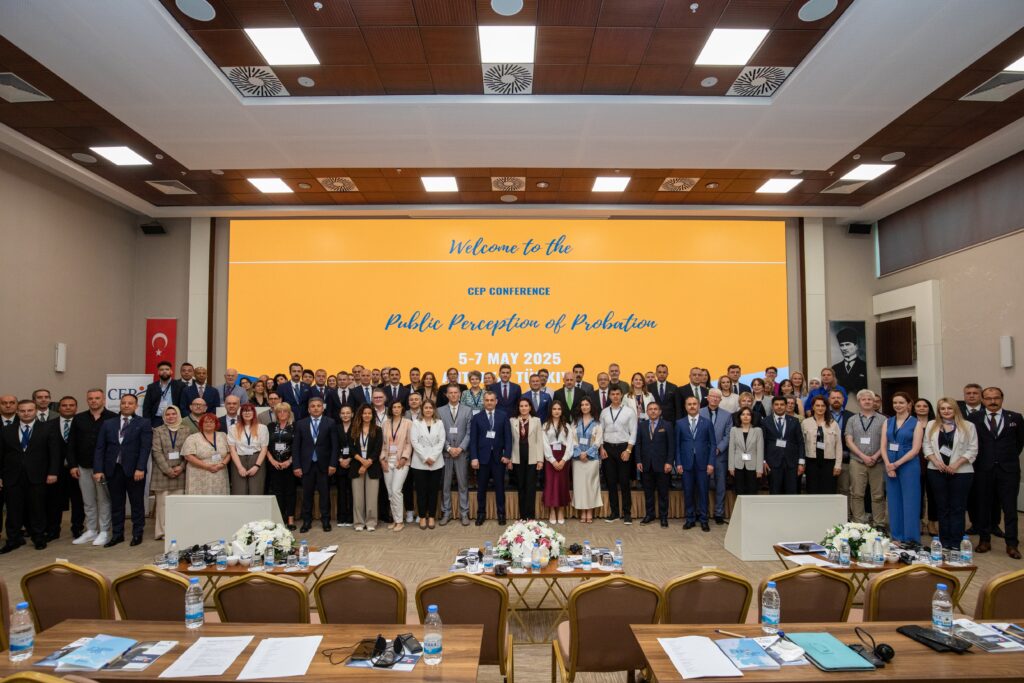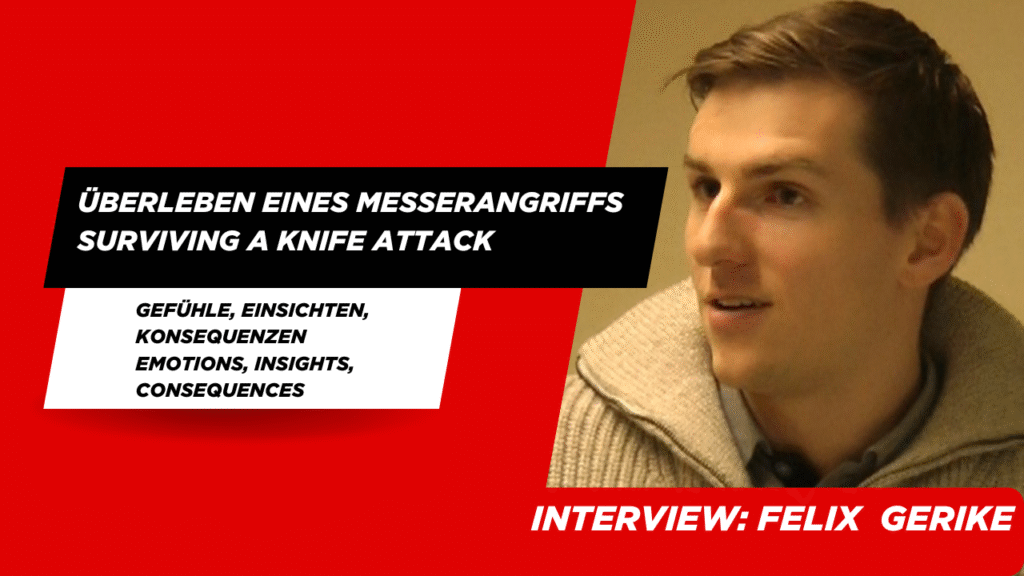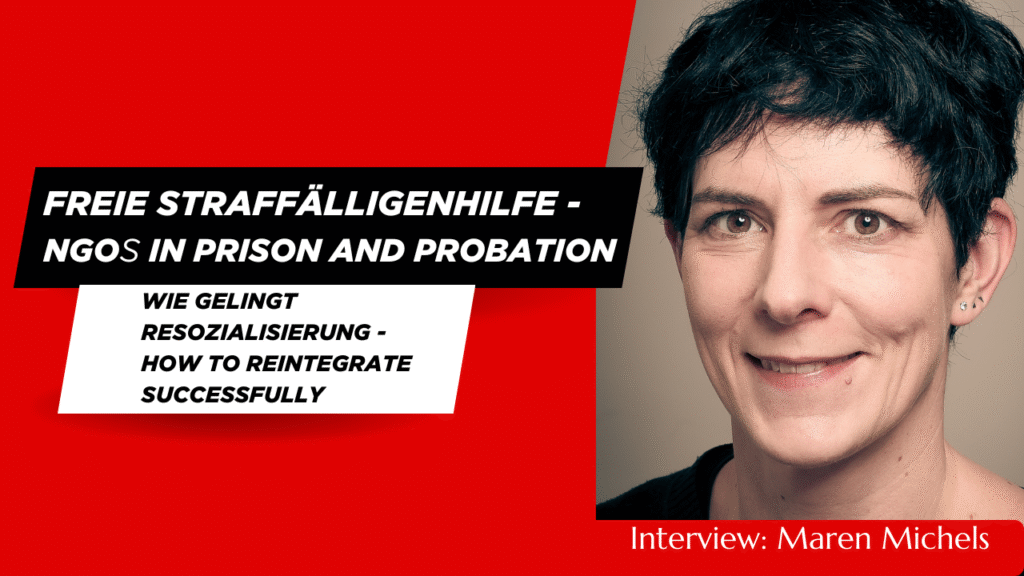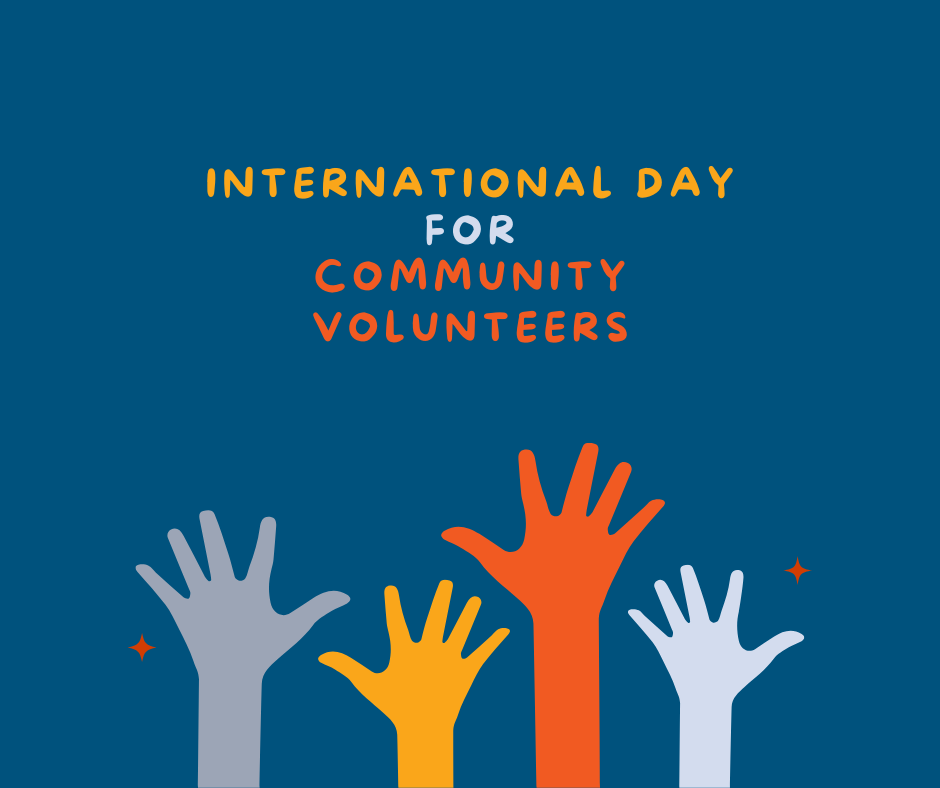Previous Article
News
Reintegrating Terrorists in the Netherlands: Evaluating the Dutch approach
Terrorism remains a key security concern for societies across the globe, with threats ranging from returned foreign fighters who joined jihadist extremists in Syria or Iraq, ‘homegrown’ elements inspired by groups like Islamic State (IS), and internationally operating terrorist networks such as those responsible for the 2015 Bataclan attacks in France (EUROPOL, 2018; Miller, 2018). There is also the underappreciated but highly problematic rise of rightwing extremism and terrorism to contend with (Koehler, 2017b; Mudde, 2017).
by Liesbeth van der Heide and Bart Schuurman
Against this background, reintegration programs for terrorists and extremists are likely to remain a key element within states’ counterterrorism repertoires (Crelinsten, 2014). Such programs are not without the detractors, and a case can be made that the principal response to these issues should focus on criminal prosecution, not reintegration. However, given prosecutors’ difficulties with securing sufficient evidence for crimes committed in warzones to ensure lengthy prison sentences (Paulussen & Pitcher, 2018) reintegration initiatives are likely to continue to play a central role in efforts to minimize terrorism-related recidivism (Holmer & Shtuni, 2017).
Independent evaluations of these initiatives are a prerequisite for assessing and improving the design, implementation and effectiveness of reintegration efforts. The enduring scarcity of such assessments, particularly those based on first-hand information, remains a particularly pressing issue (Koehler, 2017a; Silke & Veldhuis, 2017; Sim, 2012; Soufan et al., 2010; Weeks, 2018). The complexity of the issues at stake, the obstacles surrounding the collection of first-hand data and the difficulties of measuring success, mean that considerable work remains to be done. This article contributes to the evidence-based literature on terrorist reintegration programs by detailing the results of a 27-month evaluation of a specialized reintegration initiative run by ‘team TER’ (Terrorism, Extremism and Radicalization) within the Dutch Probation Service (Reclassering Nederland, RN).
Using multiple rounds of interviews with team TER staff and partner agencies such as the Dutch police and public prosecution service, this article evaluates the development of the Dutch reintegration approach between January 2016 and April 2018. It builds on work by Schuurman and Bakker (2016), who evaluated the team’s first year of operations in 2012 and 2013. The central research question is to what extent team TER’s activities have contributed to a lower chance of recidivism among clients with an extremist or terrorist background. To address it, the evaluation first of all covers the soundness of the assumptions underlying the program’s theory of change, in the sense that it critically reflects on those assumptions by comparing them to the academic literature. Subsequently, the evaluation turns to the initiative’s practical implementation and provides a qualified impact assessment.
Click on the link to read the full report ‘Reintegrating Terrorists in the Netherlands: Evaluating the Dutch approach‘.

Related News
Keep up to date with the latest developments, stories, and updates on probation from across Europe and beyond. Find relevant news and insights shaping the field today.
Recap

CEP Events, Communication and Awareness-Raising
Recap: Conference on Public Perception of Probation
06/05/2025
From 6 to 7 May, the CEP Conference on the Public Perception of Probation in Europe took place in Antalya, Türkiye, bringing together over 100 participants from more than 20 countries. The event offered space for open discussion, exchange of experiences, and practical ideas on how probation is seen and supported across Europe.
New

Probation in Europe
New Interview Online with Felix Gerike, a survivor of a knife attack
01/05/2025
What do victims of violent crime need to recover—and what can be done to prevent such attacks?
In the latest episode of Division_Y, Jo Tein, CEP board member, speaks with Felix Gerike, a survivor of the 2023 Brokstedt knife attack in Germany. Felix played a crucial role in disarming the attacker, helping to prevent further harm. He shares his personal experience, reflections on victim support, and his views on justice and policy responses to violent crime.
Probation in Europe
New Executive Summaries for the report on Building Probation Capacity in Spanish and Italian
01/05/2025
Updated

CEP Board, Probation in Europe
New Interview Online: Maren Michels – The Role of NGOs in Probation
22/04/2025
In the newest Division_Y interview, Maren Michels, director of the Hamburg Welfare Association, shares her experiences and reflects on the vital role that NGOs play in supporting people during and after incarceration.
New

CEP Events
Want to Win a CEP Award? See How Finland Did It – Apply for 2025!
22/04/2025
We’re excited to share an exclusive interview with the winners of the Development of National Probation Services Award from the CEP Awards 2022:
The Prison and Probation Service of Finland.
New

Volunteers
International Day for Community Volunteers
17/04/2025
17 April – International Day for Community Volunteers!
Today, we celebrate the inaugural International Day for Community Volunteers Supporting Offender Reintegration—a day dedicated to acknowledging the vital contributions of volunteers who assist individuals in their journey back into society.
This initiative was launched during the 2nd World Congress for Community Volunteers, held alongside the 6th World Congress on Parole and Probation in The Hague (16–18 April 2024).
At CEP, we’re proud to support the official Declaration on the International Day for Community Volunteers. We’re also actively involved in the CoPPer project—a European initiative aimed at promoting community participation in probation services. CoPPer focuses on training volunteers to support individuals under supervision, helping them access education, employment, and community connections.
A heartfelt thank you to all the community volunteers out there—your dedication makes a real difference.
Subscribe to our bi-monthly email newsletter!
"*" indicates required fields
- Keep up to date with important probation developments and insights.

